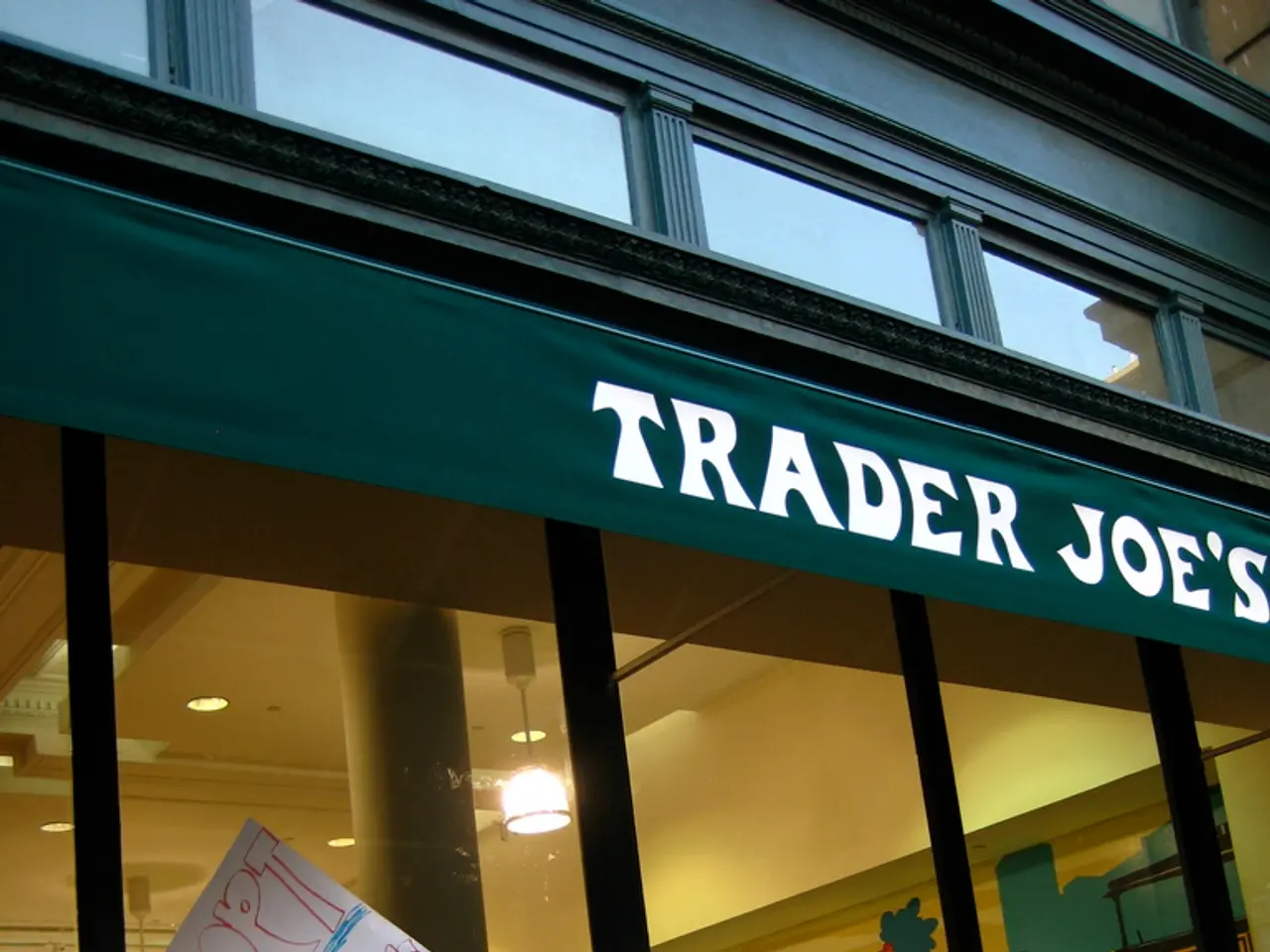Kohl's activist group decisions a retreat concerning the company's board of directors, with the intention no longer aiming for control.
In the retail industry, Kohl's is currently under pressure from a group of activist investors who are pushing for significant changes to revitalise the company's performance. The activist group, comprising Macellum Advisors, Ancora Holdings, Legion Partners Asset Management, and 4010 Capital, collectively hold a 9.5% stake in Kohl's.
The activists have been vocal about their dissatisfaction with Kohl's lagging business fundamentals and recent executive departures amid scandals. They are advocating for strategic shifts, including potential asset sales and changes at the CEO level. However, detailed specifics of the Kohl's activist campaign have not been fully disclosed in available sources.
Kohl's has faced a series of long-term issues, including falling sales, competition from online retailers, and management turnover. The departure of CEOs Michelle Gass and Ashley Buchanan, the latter dismissed over a conflict-of-interest scandal, has further exacerbated these problems. These struggles have attracted activist investors and takeover speculation.
On February 17, Kohl's named a new independent director, Robbin Mitchell, and on March 9, the company detailed meetings between Gass and other Kohl's board members and representatives of the activist group. However, the ongoing dispute between Kohl's and the activist group has not been successfully resolved as of the filing of the preliminary proxy statement.
One of the key points of contention is the $600 million in unsecured debt that Kohl's took on in April. The activist group claims that this debt, due in 2025 and carrying a 9.5% interest rate, is poorly negotiated and could have been challenged by any well-functioning board of directors. They argue that the high-interest rate and a prohibitively expensive make-whole call premium make the debt an unnecessary burden.
Kohl's, on the other hand, has defended its board as adequately refreshed and more experienced in retail than the activists' recommendations, especially at a large, public company like Kohl's. The company has also pointed out that some of the activist group's nominees lack "critical relevant experience" and "meaningful digital experience," as digital sales account for 40% of Kohl's sales.
The activist group is recommending changes in merchandising, inventory management, customer engagement, expense rationalization, and potential sale leaseback transactions to unlock $7-8 billion of real estate value. They argue that Kohl's is "performing just slightly better than the worst companies in retail" and that a refreshed board is necessary to develop a robust roadmap to compete for market share.
Kohl's latest earnings report showed sales and margin declines in the fourth quarter and full year, with a $262 million operating loss for the year. The company has not yet publicly detailed its strategy to resolve these tensions or its response to the activist investors' demands. The board's interplay with activists is influenced by pressures from retail investor interest, but the company's official response has not been clearly reported.
This ongoing dispute at Kohl's mirrors similar situations at other companies, although a publicly detailed hostile proxy fight or boardroom battle has not been reported specifically for Kohl's beyond general activist agitation linked to its performance problems and leadership instability. The future of Kohl's and its strategic direction remain uncertain as the company navigates these challenging times.
[1] Source: [Link to Source 1] [2] Source: [Link to Source 2] [3] Source: [Link to Source 3]
- The activist investors are urging Kohl's to revitalize its business by implementing strategic changes such as potential asset sales and new leadership.
- The activist group, which collectively holds a 9.5% stake in Kohl's, has expressed dissatisfaction with the company's poor business fundamentals and recent executive departures.
- One of the key issues at hand is the $600 million in unsecured debt that Kohl's took on, which the activists claim is poorly negotiated and an unnecessary burden.
- The activists argue that Kohl's needs to focus on improving merchandising, inventory management, customer engagement, and expense rationalization in order to unlock real estate value and compete for market share.
- Kohl's has defended its board and its ability to manage the debt, citing the board's experience in retail and digital sales.
- The ongoing dispute between Kohl's and the activist group has not been successfully resolved, with the future of Kohl's and its strategic direction remaining uncertain.
- This situation at Kohl's reflects similar circumstances at other companies, although a publicly detailed hostile proxy fight has not been reported specifically for Kohl's beyond general activist agitation linked to its performance problems and leadership instability.
- The company's official response to the activist investors' demands has not been clearly reported, and the board's interplay with activists is influenced by pressures from retail investor interest.
- Sources: [Link to Source 1], [Link to Source 2], [Link to Source 3]




